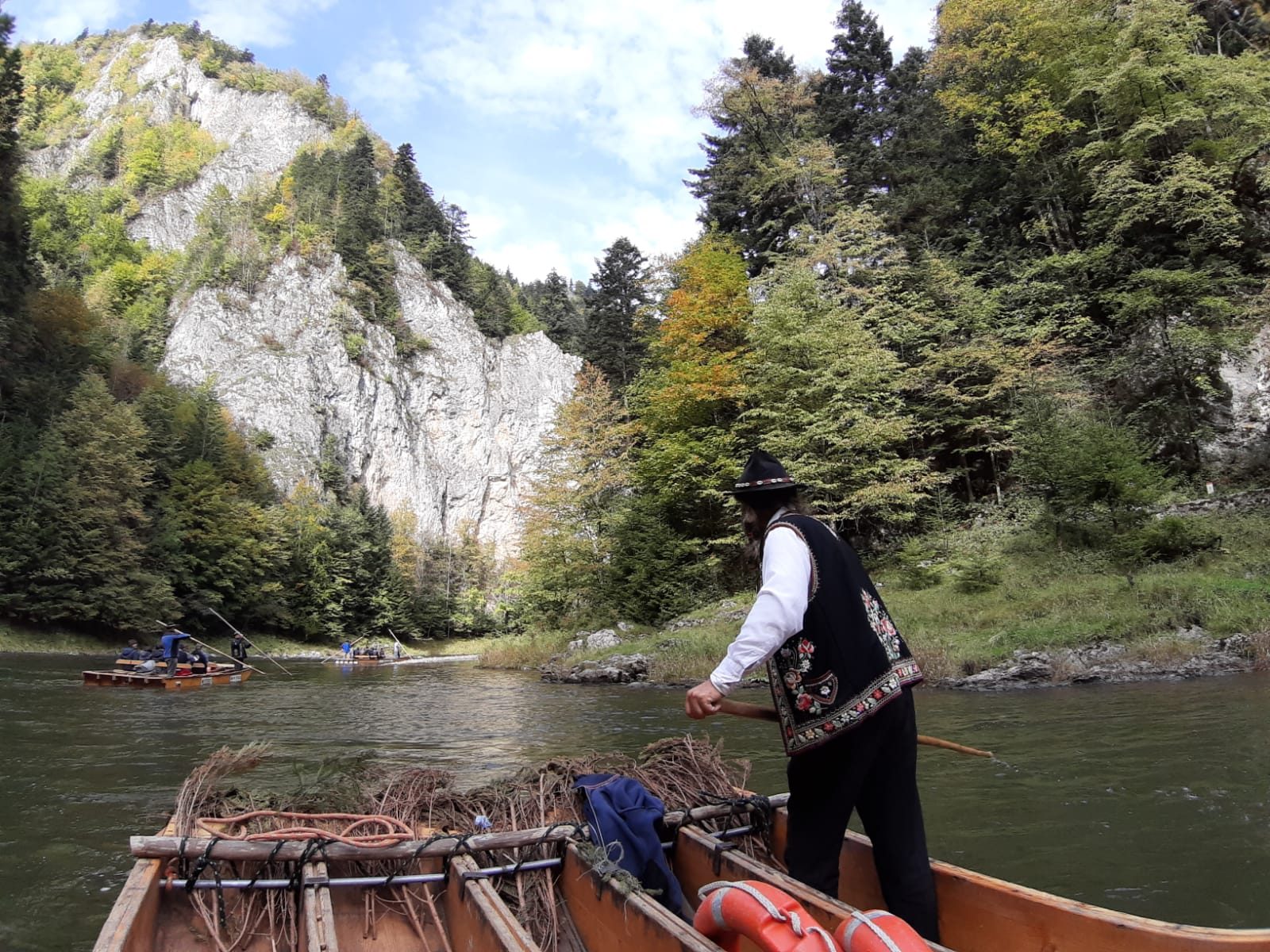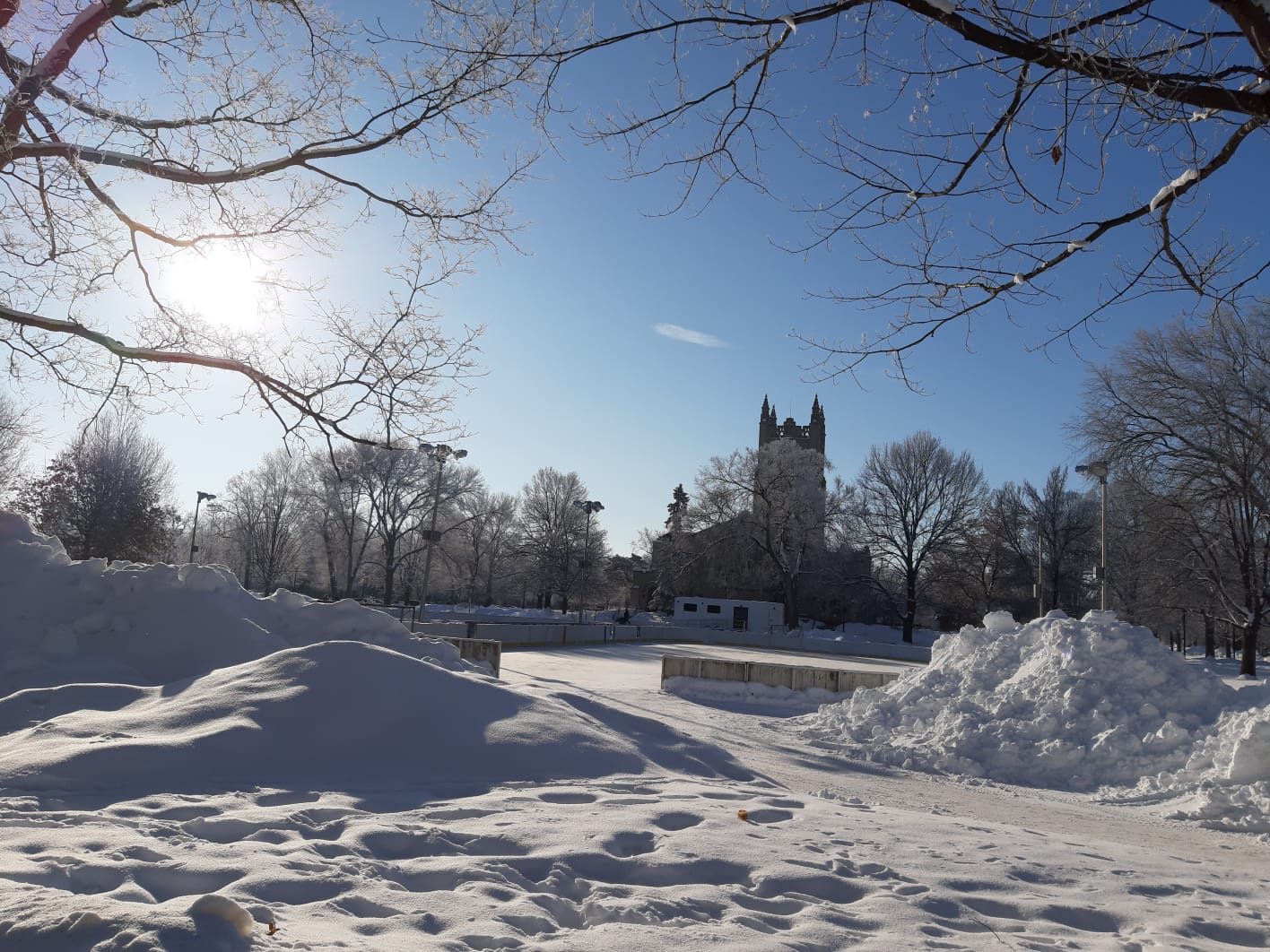Going Abroad? What to Know
Fátima describes choosing an off-campus study program and gives insider tips.
Fátima describes choosing an off-campus study program and gives insider tips.
Did you know that, by the time they graduate, around 3/4 of Carleton students participated in some sort of off-campus study program? The numbers have spoken, this might be you someday! As someone who just returned from the Cross-Cultural Psychopathology program, I thought I would use my still-fresh memories and walk you through every step of the process: from choosing a program, and applying, to getting there (and back).
Decisions, decisions…
Let’s suppose you have already decided you absolutely want to spend a term outside of campus. Getting to know the whole wide world – good for you! Now, you are faced with the task of having to pick from the endless pool of choices you are given.
You could join a Carleton program and bond with fellow Knights. Or, meet different people through an external program. You may want to stay in the U.S., travel to a single country, or jump around different places during the term. Depending on your schedule, you can be gone for a term, a semester, or just a couple of weeks during winter break.

Since there are so many options, Carleton’s Off-Campus Studies office has put together a handy program gateway for students to browse through the almost endless list of relevant programs. The OCS office also regularly hosts panels with specific non-Carleton programs (such as DIS, quite popular among Carls) and offers appointments with the director of OCS and with current students and alumni who have gone abroad in its many shapes and forms.
Making a decision as big as this might seem a bit overwhelming, so here’s a (hopefully) helpful list that my friends and I have put together of things you may want to consider:
- Academics: it is called a study abroad, after all. When choosing a program, it is crucial to ask yourself whether you want to deviate from what you would traditionally study at Carleton (say, by going on a German OCS as a Biology major) or if you would rather expand on your preferred areas of study (by, for example, exploring how your Cinema and Media Studies knowledge translates to non-Western production).
- Location: of course, one of the major attractions of an off-campus program is the prospect of getting to know new places! The destination of your program then plays an important role. Some people prefer to revisit someplace they might already know, in order to become intimately acquainted with it. Others, like me, take the opportunity to go somewhere entirely new. Questions regarding your learning goals, your ability to speak (or desire to learn) a foreign language, your comfort level with culture shock, and your fondness for the Minnesotan winter might play a role in your decision process.
- Time: by time, I don’t only mean how long you want to spend abroad (although that is definitely part of it). From my advisor, I learned that you should also consider how much time you can afford to spend abroad, especially if your OCS program credits do not apply to your major and/or minor(s). While most people have no trouble incorporating a trimester off-campus into their four years of college, for others it might be more convenient to have such an experience over winter break, and yet another small group might decide they can go abroad up to two or three times in their time at Carleton!
Getting There

Congratulations! You have now chosen your dream off-campus study program. What’s next? Well, here’s a quick rundown of the steps that you can expect to follow:
- Applying: the application process might look very different depending on whether you are doing a Carleton or non-Carleton program. While I am ignorant of what it looks like for other programs, I know that the application for the Cross-Cultural Psychopathology program I went on was super easy! It consisted solely of three short-answer questions, all of which basically asked why I wanted to attend the program. I also had to get two professors to fill out very brief recommendation forms and boom! I was all set.
- Financial aid: the great news here is that Carleton’s financial aid transfers onto most, if not all, OCS programs, regardless of whether they are Carleton-sponsored! If you are going on a non-Carleton program, there’s a form you must fill out to make sure the costs are transferable, but from my friends’ experiences this is a painless process, and more often than not they have found out that going abroad is equivalent to (sometimes even cheaper!) your regular term at Carleton.
- Orientation: after you’ve been admitted and confirmed your participation, most programs will require some sort of orientation process pre-departure. In my case, these were two or three short group meetings with the professor leading the program and the head of the OCS office. The goal of orientation is to get you familiar with the people you’re going to be traveling with, the rules that apply while abroad, and what you can expect from the program, academically and otherwise. My first orientation meeting was a fantastic way to realize I already knew some of the people in my program!
- Flight booking, packing, getting excited… and waiting!? The hardest part about going abroad you ask? The wait! Sure, there are still things to do in the months leading up to the start of the program, from buying your plane tickets to figuring out the appropriate wardrobe for your destination, but nothing was more nerve-wracking that the mere anticipation. Thankfully, time went by quicker than expected and before I knew it I was flying across the world to begin a great adventure.
Coming Back

Like all good things, off-campus programs must also inevitably come to an end. As much as I would have loved to stay in Prague the rest of my life, eating impossibly cheap potato dumplings and walking alongside the Vltava, I must admit I was looking forward to returning home and, eventually, Carleton too. I believe that with all the commotion that precedes the departure, people often forget that coming back is an equally important and thrilling process. Here are some things I found useful as I prepared to return to college life post-OCS:
- Keep in touch! Just because you are away doesn’t mean you should forget about your relationships at home and in Carleton. I discovered that staying in contact with my family, checking in with my friends, and remaining a relatively active member of the Fellowship in Christ board all helped me maintain a connection with the life I would be returning to, making the transition a lot easier.
- Notice what you miss. No matter how much you are enjoying your new environment, you will likely end up missing something from home. Is it your mom’s mac and cheese? Exercising at the Rec with your friends? The fact that you didn’t have to use Google Translate everywhere you went? Being aware of the things you long for without letting them distract you from the present will give you something to look forward to when you return!
- Think about how what you’ve learned off-campus can translate to your life on campus. Whether you’ve picked up new recipes, gained a greater appreciation for the experiences of minorities, or learned a new language, I guarantee you the things you learn in and outside the classroom while on an OCS will translate to your life at Carleton in more ways than you could have planned. Keeping an open mind and being on the lookout for opportunities to apply all your new knowledge will certainly help you bridge both lifestyles.
Oof, that took longer than I expected! Thank you for bearing with me through more OCS information than you probably wanted to know. I hope that you find something helpful here as you prepare for your own adventure. Šťastnou cestu!
After a trimester abroad, Guatemalan sophomore Fátima (she/her) is looking forward to continuing her pursuit of a SOAN major and an Educational Studies minor. In addition to blogging, she works at the Admissions Office and the Spanish department. Outside of class, Fátima can be found watching cartoons, poorly playing the piano, attending Bible studies, or desperately missing her dog, Cosmo. Meet the other bloggers!